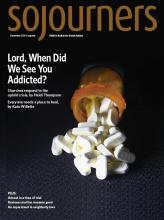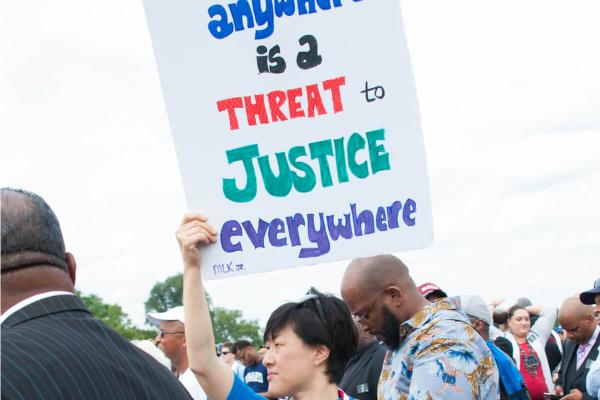CERTAIN FORMS OF Christianity have long shared space with the political and nationalist Right in the United States. The history of white racist religion in the U.S. has also followed the line of a nativist ideology informed by a certain understanding of U.S. Protestant Christianity.
In the 1920s, the Ku Klux Klan sought to preserve Anglo-Protestant supremacy in the U.S.—especially in the face of immigrants from outside Western Europe. Later arose a particular form of racist ideology known as the “Christian Identity” movement, influential in racist organizations into the 1990s.
More recently, racialized Christian mythologies are no longer the dominant ideologies motivating white supremacists. Why has Christianity become problematic for white nationalists?
My own research reveals that Christianity is a problem for many American white nationalists because it is regarded by them as an ideology that weakens the allegedly natural instincts for racial preservation. The main objections to Christianity from contemporary white nationalists have been that 1) Christianity is of Jewish origins, and 2) that Christianity teaches, ultimately, values such as universal brotherhood of all people and the responsibility for everyone to care for one another. These are values that white nationalists have labeled “socialism” and ultimately alien to white racial nationalism.
Read the Full Article

